A 401(k) plan with a new comparability profit sharing feature is a great way to contribute to retirement savings. But what if you want to contribute more than the legal limit available in a defined contribution plan? A combination of a 401(k) and a cash balance plan can be a potent tax-advantaged savings vehicle. But there are some considerations to be aware of.
If you have a 401(k) plan that uses a safe harbor match, you may want to consider changing it to a safe harbor non-elective contribution. In a combo plan, all NHCEs must generally receive a "gateway minimum" contribution of up to 7.5% of compensation. The safe harbor non-elective contribution counts towards this gateway minimum, but the safe harbor matching contribution does not. Therefore, a sponsor who wishes to minimize the total contribution for NHCEs may prefer the SHNEC.
It simplifies administration for both plans to have the same normal retirement age. In a 401(k) plan, the attainment of normal retirement age as defined in the plan entitles a participant to full vesting and usually to a distribution of their account. For a cash balance plan, however, the choice of normal retirement age can affect the amount that may be accrued in the plan and is therefore vital to the overall plan design. If the definition of normal retirement age in the 401(k) plan does not match with the normal retirement age desired in the cash balance plan, the 401(k) plan should be changed. Note that if the change would result in a later normal retirement date for any participants, any rights to vesting or distributions must be preserved.
Under the SECURE 2.0 Act, long-term part-time employees must be allowed to participate in their employer's 401(k) plan. Although they do not need to be covered by the profit sharing or match portions of the plan, some employers may choose to cover them anyway, to simplify plan administration. If your plan covers or excludes certain classes of employees, consider whether those exclusions should or shouldn't apply to the cash balance plan as well.
These are only some of the many considerations that should be taken into account when adopting a new cash balance plan. For more information, contact your plan consultant. Or come hear our own Corey Zeller, MSEA, CPC, speak about this topic at the ASPPA Annual Conference in Orlando, FL on Sunday, October 20!
